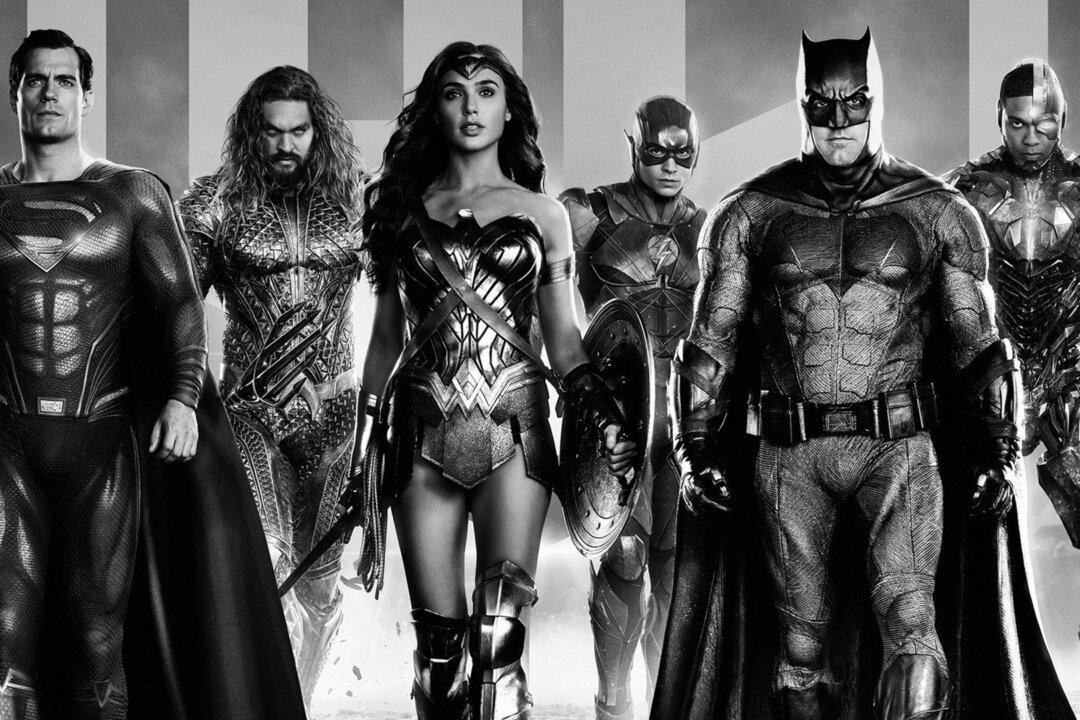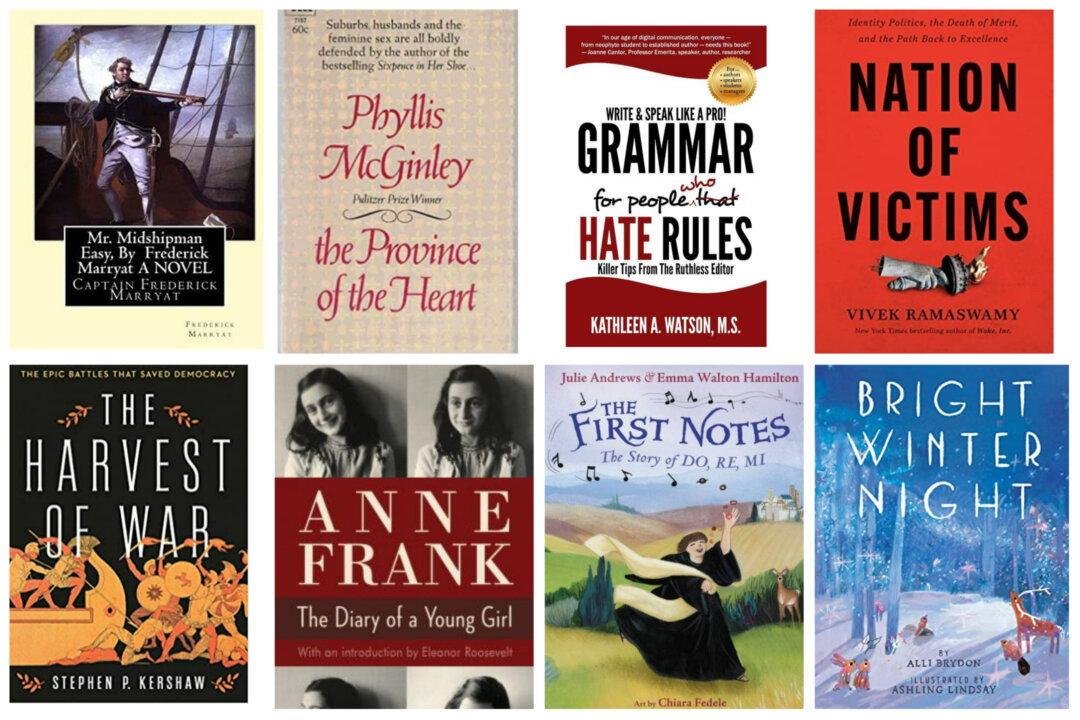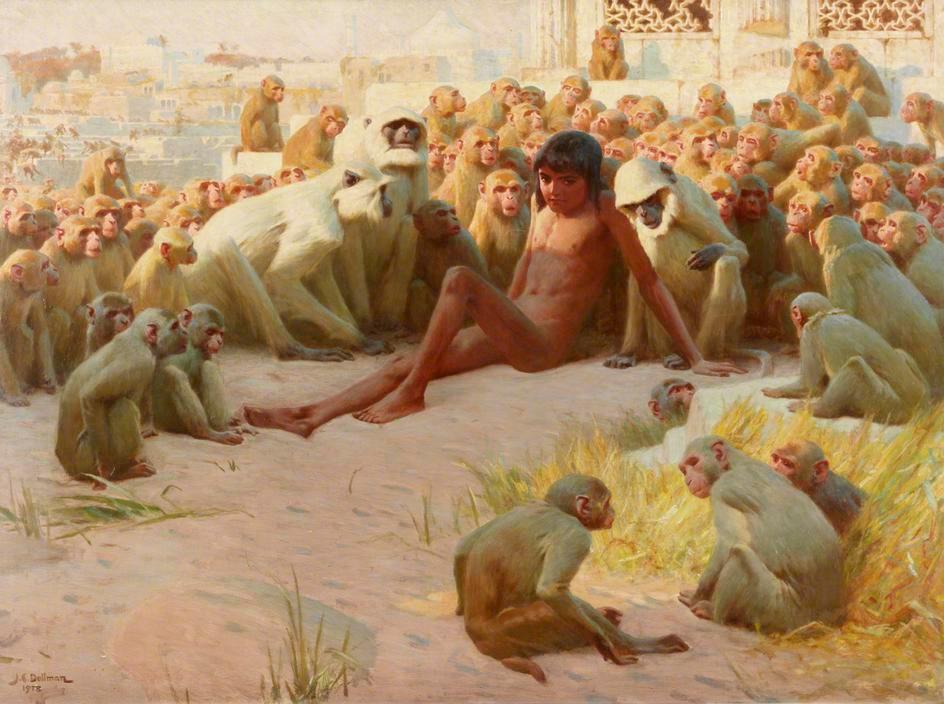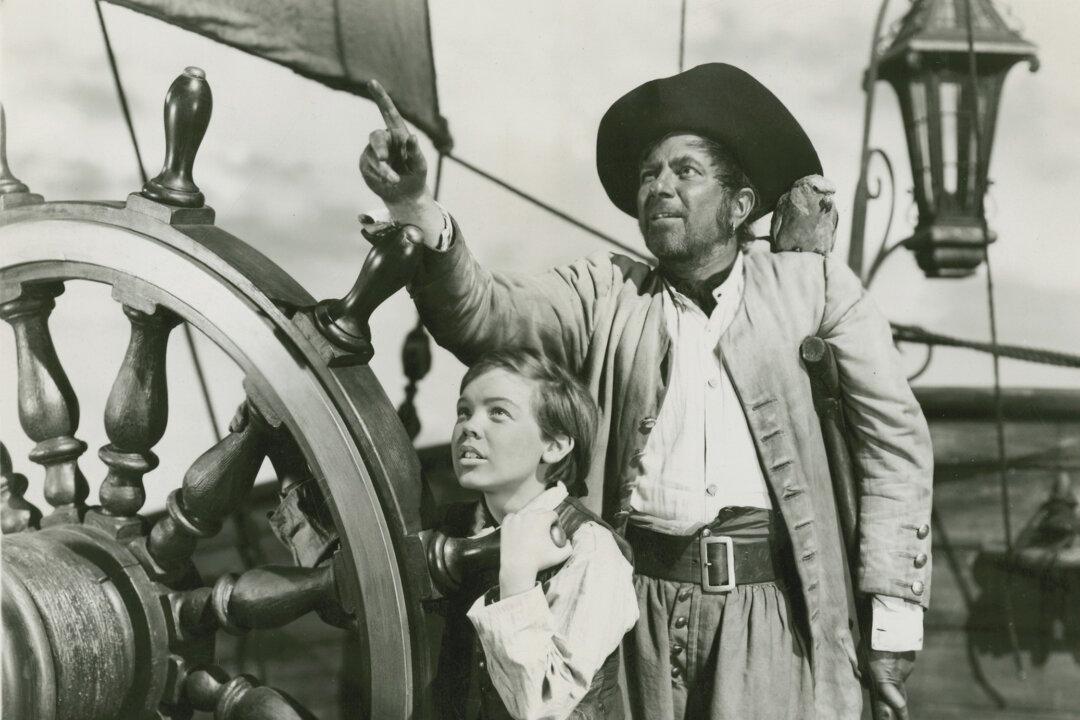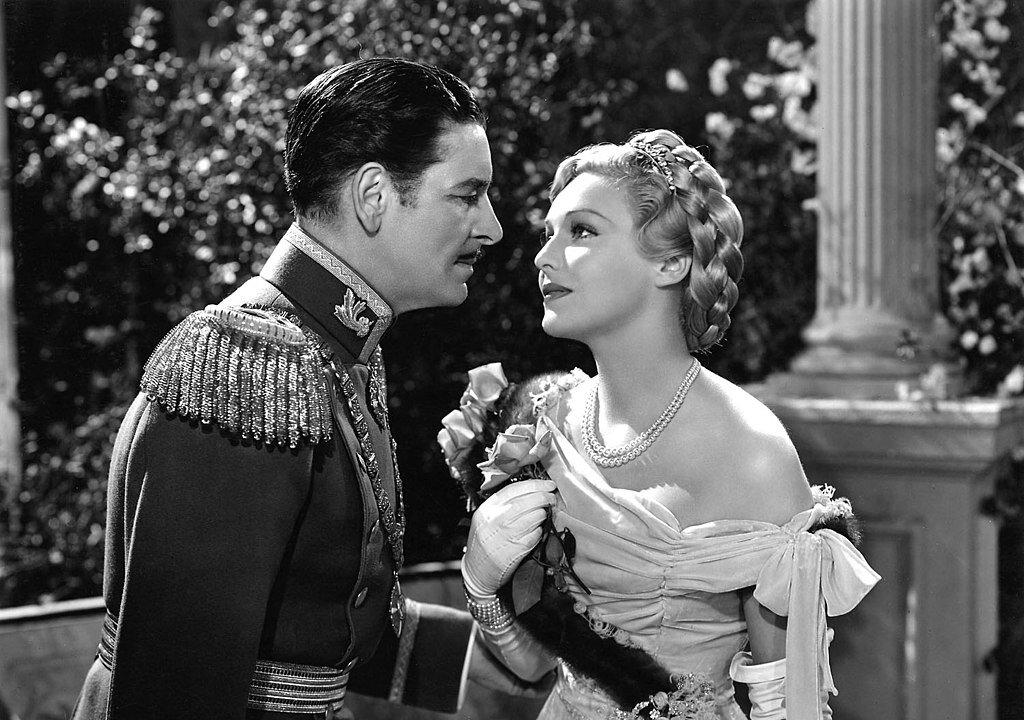The legions of keyboard warriors and hardcore comic-book fanboys finally have their victory over the Hollywood horde of mass-entertainment executives. “The Synder Cut” has been released. Justice prevails. The world can now stream “Zack Snyder’s Justice League,” a superhero film unlike any other in its shameless length and sheer spectacle that packs, perhaps, the biggest punch to date toward making comic-book heroes less comic and more mythic, and whose seriousness should be of serious cultural concern.
The theatrical “Justice League” (2017) was reviled as one of the most specious entries in the superhero film genre and deemed a $300 million failure that died on the cutting-room floor after director Zack Snyder left the helm due to a family tragedy. Rumors of a “Snyder Cut,” however, led to a vociferous campaign for its release, and three years later, with the film industry gasping under pandemic restrictions, Warner Bros. succumbed to pressure and funded the completion of Snyder’s original vision in all its gritty Wagnerian glory.

